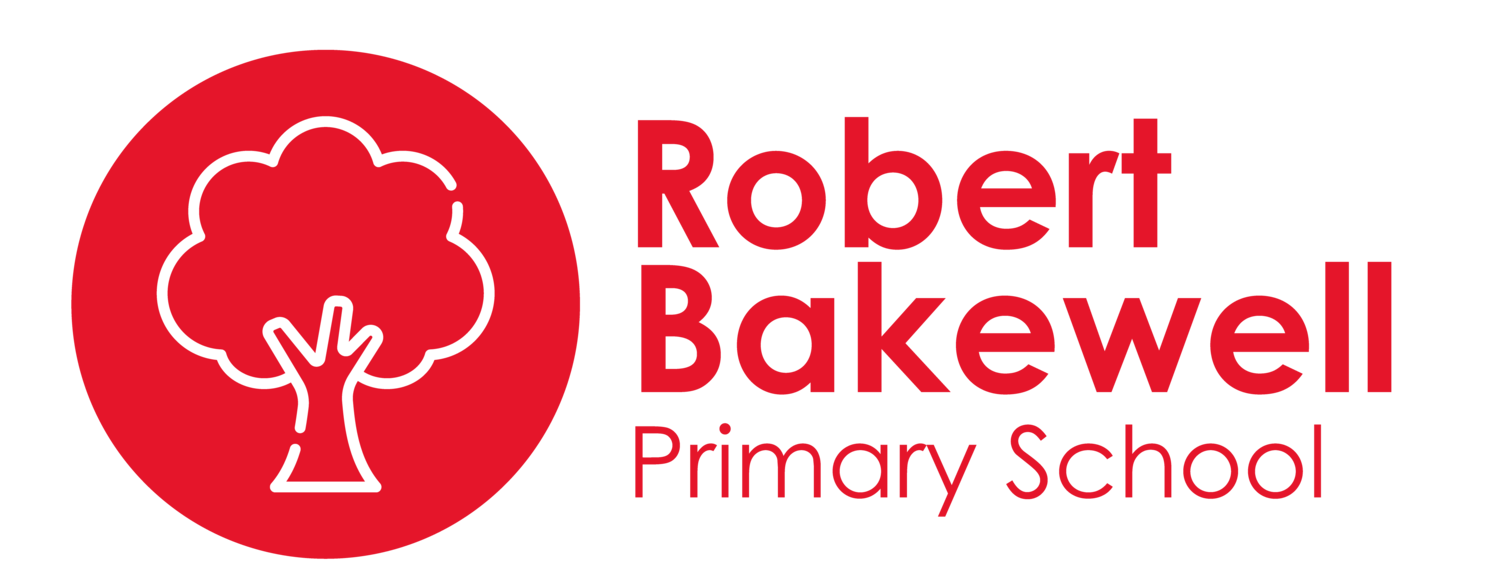
Reading at Robert Bakewell
At Robert Bakewell, we hold reading as a key priority as it plays a huge role in a child's education as well as being a fundamental life skill they will use for the rest of their life.
The DfE Reading Framework
Using the latest DfE Reading Framework for developing our foundations of Reading. Children read regularly in a range of situations and across the curriculum. This includes reading as a whole class, in small groups and 1:1.
Theme texts are included in our knowledge-engaged curriculum mapped out for the whole teaching sequence. We enhance the children's learning with fiction, non-ficiton and poetry.
We also use Reading as a tool for developing children as skilled writers. We recognise the importance of picture books too and teachers use these from Reception to Year 6.
We use texts to develop children’s knowledge of the theme they are learning about. We carefully select the texts so that they are a means of acquiring knowledge, challenging misconceptions or develop a love of reading.
Researchers in the United States who had looked at the impact of parents reading with their children quoted the following figures in a news release about their findings:
Here’s how many words children would have heard by the time they were 5 years old: Never read to, 4,662 words; 1–2 times per week, 63,570 words; 3–5 times per week, 169,520 words; daily, 296,660 words; and five books a day, 1,483,300 words.
Therefore, we as a school, proactively aim to ensure the spoken words in our classrooms are purposeful, meaningful and connected to previous learning in some way.
Phonics
Our Phonics provision is excellent and is taught across Reception and KS1. We use the Little Wandle Letters and Sounds SSP scheme (fully validated by the DfE). The children are taught daily for 20 minutes in whole class and small groups. We use regular assessment points to ensure children are on track and that the keep up not catch approach is effective and robust.
Teachers will always keep you informed about your child’s progress and we encourage parents to proactively engage with Reading. Teachers plan collaboratively and regularly review their teaching to ensure consistency and accurate progression for all pupils.
Text choice
We place a high importance on the text we choose to teach reading ensuring that it is sufficiently complex for the children. Staff at Robert Bakewell read to their children daily for 15 minutes choosing either short stories, picture books or a longer text where appropriate. We call this our ‘Daily Reader’.
CLPE – The Power of Reading
A Robert Bakewell, we use a book study approach to English utilising The Centre for Literacy in Primary Education. The CLPE is a charity working with all those involved in teaching literacy in primary schools. Their work raises the achievement of children by helping schools to teach literacy more effectively and showing teachers how quality children’s literature can be placed at the heart of all learning – promoting the value of reading.
Their latest impact report measures growth and impact on literacy learning and teaching across 2014-2019. It has brought together data from their nationwide training courses, as well as our leading research in the field of picture books (The Power of Pictures), diversity and representation (Reflecting Realities), and poetry, including the CLPE poetry award, CLiPPA.
"In this impact report we wanted to share some of the evidence we have collected and to highlight the way in which our partnerships, our rigorous approaches and our proven commitment to quality have helped us to support the improved literacy learning of so many children." CLPE CEO Louise Johns-Shepherd
The report also showcases the impact Their CPD has had on the professional development of over 2,966 teachers, with 100% of teachers saying they would recommend our training to others.
Research carried out by Leeds Trinity University on their flagship programme, the Power of Reading, is also featured in the report, evidencing that children make an additional 6 months’ progress in reading and writing in schools that use the programme compared to their peers.
Primary and secondary text
CLPE supports the selection of high quality primary text for purpose. The primary text is the book which our literacy is focussed on to give purpose to the writing outcomes. All of our primary texts are fiction based.
Secondary texts are used to support knowledge acquisition and understanding of the primary text. These are often non-fiction texts. Research shows children find non-fiction difficult to digest, especially non narrative non-fiction. Therefore by using non-fiction in a manner which supports the develops knowledge in a modelled way by adults, children can develop a strong understanding of the primary text.
Poetry
Through enjoying rhymes, poems and songs, and reciting poems or parts of longer poems together as a class, teachers can build children’s strong emotional connection to language.
Poetry in language-rich classrooms builds shared memories for all children. The predictability of rhymes in poems and songs also helps children to memorise and re-use newly acquired words and phrases. Learning poetry and songs using ‘call and response’ allows children to join in gradually. Each repetition strengthens their vocabulary, embedding new words.
Word knowledge exists on a continuum. As each word is acquired in the young child’s lexicon, it moves from the barest familiarity to an in-depth knowledge of that word, with all manner of associations and contexts.


